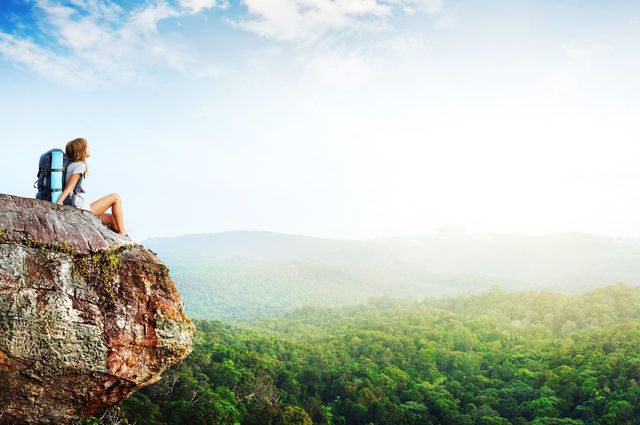Responsible travel: How do we make booking sustainable hotels easier?
22 experts shared their view
Evidence shows that spending time in nature helps reducing anxiety, improving mental health and well-being, let alone boosting physical health. Nature is good for us; can we be good to nature too? It's no wonder that one recent large-scale survey conducted by Booking.com (2020) identified 'Impact Awakening: The Rise of Responsible Travel' as one of the nine predictions on the future of travel. Half of the global travelers surveyed expressed the desire to travel more sustainably in the future with over two-thirds of respondents expecting more sustainable travel options from suppliers. Demand is (and expectations are) building up and post-pandemic will see a surge in travel with purpose. But do travelers easily have access to all information needed to make wise decisions on sustainable travel and hotels? Where are the gaps in the search and booking stages? And which company manages to fill those gaps well? What are some best practices in showcasing hotel sustainability online?
Booking.com (20 Oct 2020). Smarter, Kinder, Safer: Booking.com Reveals Nine Predictions For The Future of Travel. https://www.booking.com/articles/category/future-of-travel.html.
Cornell Roundtable Recap: Sustainability in the era of COVID-19
The last decade has seen a surge in the number of studies and trend reports claiming that sustainability is on the verge of becoming the new normal across industries and witnessing the rise of the mindful consumer. The travel industry makes no exception as a majority of travelers declared their commitment to travel responsibly, expecting industry professionals to adapt their offerings accordingly.
Although booking a sustainable hotel remains a real obstacle course nowadays despite the intent of a growing number of smaller platforms such as Regenerative Travel or Singular Places to bridge the gaps in the search and booking stages, I would rather address an even more pressing issue when it comes to environmental engagement, namely the value-behavior gap.
Shifting the travel industry toward sustainability requires moving from isolated green initiatives, competition, and self-interests to genuine collaboration and partnerships across multiple industry stakeholders in order to formulate a sector-wide response to sustainability, similar to the UNWTO Global Tourism Crisis Committee initiative. The industry needs bold leaders, willing to question the status quo, embrace our world's uncertainty and volatility with agility and resilience, and make long-lasting actions to reform the industry from top to bottom.
Consumers should also do their part and take full responsibility for their impact, questioning their worldviews and checking their current behaviors to adapt their travel habits according to their core values. People have to be willing to genuinely walk the talk so that sustainability doesn't stop when they return from their trip but becomes ingrained in their very lifestyle. Only when we shift our mindset and fully realize that we are all interconnected and interdependent will we eventually take care of our precious planet. For true sustainability to occur, it has to come from the inside-out.


